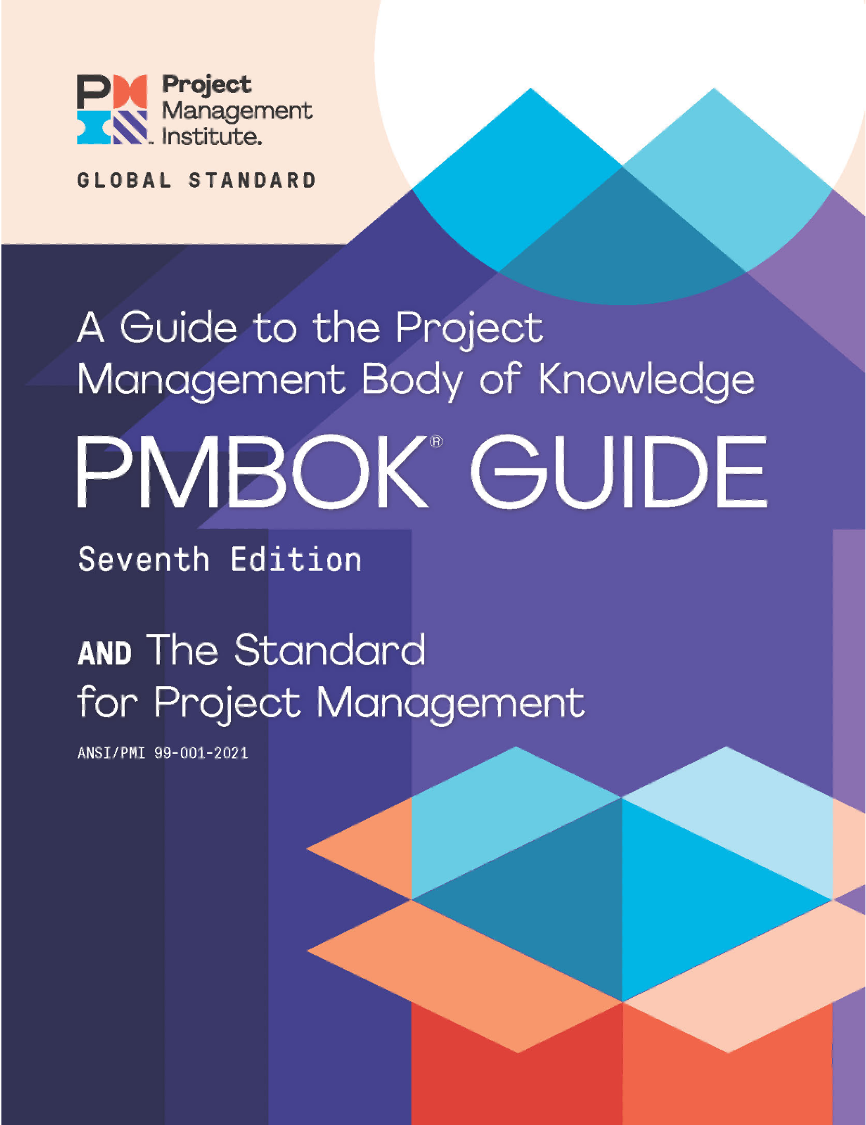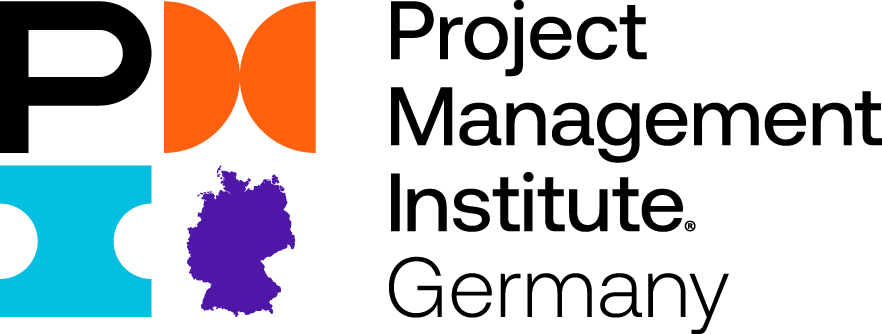Starting with this newsletter, we would like to present a "Member Benefit" every month.
Promoting and advancing the application of professional project management in all areas of society is PMI's major overarching goal. With almost 700,000 members, PMI is the world's largest organization in this field. For many, simply being a member of this great family is a benefit in itself. However, being a member of PMI and the PMI Germany Chapter brings many additional benefits. These are often not even known. For this reason we are going on a search for you and from now on we will present a "Benefit of the Month" every month.
We want to start with a work, which should be known to most readers. The basic work of project management par excellence, the PMBOK® Guide. Due to its great importance for project management as a topic, the work deserves to be mentioned as the first benefit. "Honour to whom honour is due!".
Promoting and advancing the application of professional project management in all areas of society is PMI's major overarching goal. With almost 700,000 members, PMI is the world's largest organization in this field. For many, simply being a member of this great family is a benefit in itself. However, being a member of PMI and the PMI Germany Chapter brings many additional benefits. These are often not even known. For this reason we are going on a search for you and from now on we will present a "Benefit of the Month" every month.
We want to start with a work, which should be known to most readers. The basic work of project management par excellence, the PMBOK® Guide. Due to its great importance for project management as a topic, the work deserves to be mentioned as the first benefit. "Honour to whom honour is due!".
 PMI published the Project Management Body of Knowledge (PMBOK®) in its original version in 1987. Volunteers working in projects as well as consultants, trainers and scientists involved in project management compiled the elements of project management. In 1996, this became the first version of the now renamed PMBOK® Guide. This version also became the ANSI standard (American National Standards Institute). The PMBOK® Guide was always further developed. A new version appeared every three to four years. Until the sixth version, which appeared in 2017, the PMBOK® Guide followed a process-oriented approach.
PMI published the Project Management Body of Knowledge (PMBOK®) in its original version in 1987. Volunteers working in projects as well as consultants, trainers and scientists involved in project management compiled the elements of project management. In 1996, this became the first version of the now renamed PMBOK® Guide. This version also became the ANSI standard (American National Standards Institute). The PMBOK® Guide was always further developed. A new version appeared every three to four years. Until the sixth version, which appeared in 2017, the PMBOK® Guide followed a process-oriented approach. The seventh version of the PMBOK® Guide, published in 2021, departed from this and created a principles-based standard. The many discussions held during its creation have shown that the view of projects must not be shaped by a process, but must start from the project itself.
It is not about process-oriented or adaptive, but about what is right for the specific project. For the construction of a house, process-oriented approaches are more likely to be used, while adaptive approaches may be more suitable for the transformation of a company. For large projects or programs, mixed approaches will also make sense. The project in its environment and the resulting requirements ultimately determine which project management approaches should be used.
While the task areas (content-scope management, schedule management, risk management, etc.) of project management have been transferred into eight so-called performance domains, and their content has been continued and further developed, the process orientation (initiation, planning, execution, monitoring and control completion) has been completely removed from the PMBOK® Guide and replaced by twelve principles of project management. (Note: Although the processes have been removed from the PMBOK® Guide, they are still available for those who are responsible for projects that are to be executed in a process-oriented manner. A separate Practice Guide: Process Groups has been created for this purpose. The Practice Guide: Process Groups contains practical and useful guidance on the process-oriented (waterfall) approach to project management and is thus an excellent supplement to version 7 of the PMBOK® Guide).
Many who are dealing with the principles for the first time find it difficult. Again and again, comments are made about the principles not being practical enough or about the handouts I can give my people based on them. In particular, people who look for the recipe for safe project success in the methods of project management have difficulties with the principles. But as desirable as such recipes would be, they do not exist and certainly not for complex projects in social environments.
Principles are generally valid principles. They apply universally to every project. The principles are also ANSI standard, i.e. everyone who wants to or should follow this standard in projects must adhere to the twelve principles. The difficulty with principles is that they must first be understood correctly and that they can be interpreted differently by different people. For example, people may have different opinions about what exactly a cooperative team environment is. The creators of the PMBOK® Guide have seen this and have formulated the principles more concretely in each case, so that the framework that the principles should form for projects is also guaranteed. Thus, the principles become what they are supposed to be, generally valid principles that apply universally to every project. Applied as they are, they will be of great help to us in meeting the great challenges of the future.
It is certainly no exaggeration to call the PMBOK® Guide the most important standard work in project management. There is nothing of greater relevance in the world of project management.
PMBOK Guide | Project Management Institute (pmi.org)



